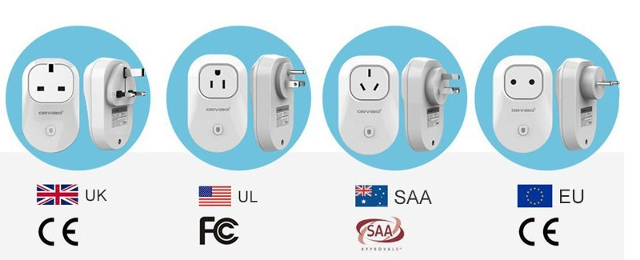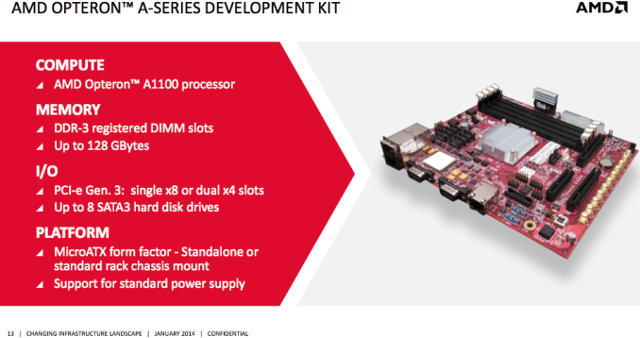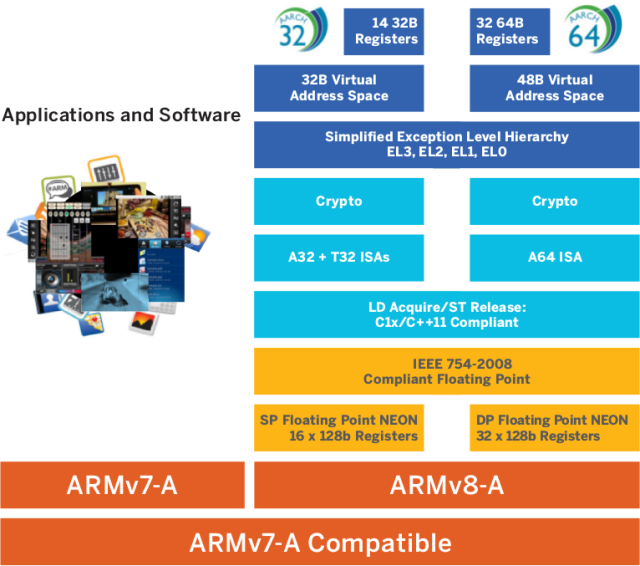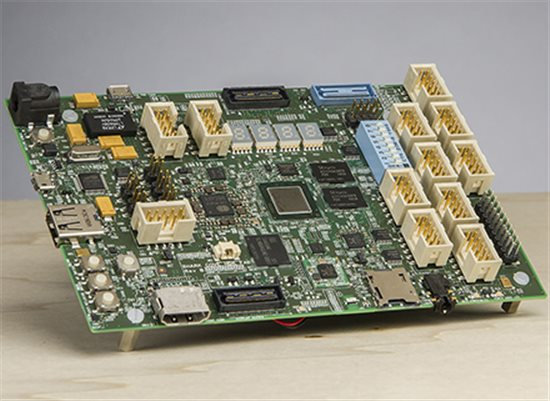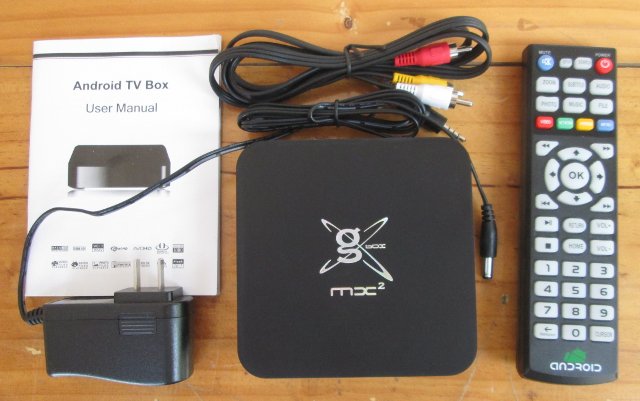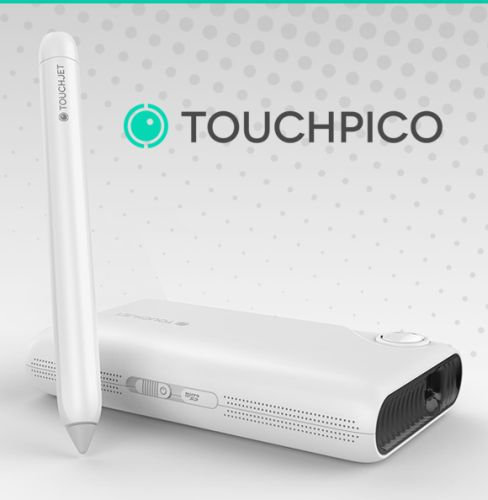Linaro 14.07 has just been released with Linux Kernel 3.16-rc6 (baseline), Linux Kernel 3.10.50 (LSK), and Android 4.4.4. This month, Linaro has continued development on Juno 64-bit ARM development board, as well as other member boards from Broadcom (Capri), Qualcomm (IFC6410), Hisilicon D01, Samsung (Arndale / Arndale Octa), etc.. Android have been upgraded to version 4.4.4 with images released for Pandaboard, Arndale, Nexus 10, and Nexus 7, built with Linaro GCC 4.9. Here are the highlights of this release: Linux Linaro 3.16-rc6-2014.07 released GATOR version 5.18 (same version as in 2014.04) updated basic Capri board support from Broadcom LT. Good progress in upstreaming the code: now the topic has 21 patch on top of v3.16-rc4 vs 53 patches on top of v3.15 in 2014.06 cycle removed cortex-strings-arm64 topic as the code is accepted into the mainline new topic from Qualcomm LT to add IFC6410 board support updated Versatile Express ARM64 […]
Orvibo Wiwo S20 Wi-Fi Smart Socket Features US, EU, UK, or AU Plug Types
I’ve previously covered several Chinese Wi-Fi smart sockets including Broadlink SP2 also supporting power monitoring, and Kankun KK-SP3, a cheaper, more basic version that can only be turned on and off manually or via timers, and which runs OpenWRT. These plugs have one thing in common: they only come with Australian/Chinese plugs, so if you want to use them in Europe, the US, or United Kingdom, you’ll need an adapter, which may not the the safest things to do, and it’s also inconvenient. Orvibo Wiwo S20 is another model that appears to have the capabilities and a price similar to Broadlink SP2, but available in four flavors with US, EU, UK, and AU plug types. Orvibo Wiwo S20 is made of fireproof ABS, and is significantly smaller than Broadlink SP2, but the rest of the specifications are very similar: Material – ABC 94V-0 (fireproof) Wi-Fi 802.11 b/g/n Security – WEP, […]
littleBits CloudBit Wi-Fi Module Simplifies DIY IoT Designs
littleBits Electronics is a company selling tiny modules that snap together with tiny magnets for prototyping called… littleBits. They do not require soldering, wiring, or programming, can be buttons, sensors, motors, etc…, and are the electronics equivalent of LEGO, and are suitable to 8 years old and older kids. The company have recently launched a new product called CloudBit, a module based on Freescale i.MX233 with Wi-Fi connectivity meant to be used/snapped with existing littleBits. CloudBit hardware specifications: Processor – Freescale i.MX233 ARM926EJ-S processor @ 454MHz System Memory – 64MB of RAM; Storage – microSD slot with included 4GB micro SD card pre-loaded with a customized Arch Linux ARM distribution Connectivity – 802.11b/g Wi-Fi via included USB dongle USB – micro USB port (for power only) Connectors – 2x BitSnap connectors for LittleBits connectivity using i.MX233 ADC/DAC signals Debugging – Pads for UART (3.3V, 8-N-1, 115,200 baud) to access the […]
AMD Announces Availability of their $3,000 Opteron A1100-Series 64-bit ARM Development Kit
AMD Opteron A1100 Server SoCs, codenamed “Seattle”, come with four to eight ARM Cortex A57 cores, and earlier this year, the company unveiled both the processors and a development kit. You can now apply for “AMD Opteron A1100 Series 64-bit ARM developers kit”, and if you’re selected, you’ll “just” need to pay $2,999 to receive the board and related tools. The kit targets software and hardware developers, as well as early adopters in large datacenters. AMD Opteron A1100 Board hardware specifications: SoC – ARM Opeteron A1000 with 4 ARM Cortex-A57 cores System Memory – 2x Registered DIMM with 16 GB of DDR3 DRAM (upgradeable to 128GB) Storage – 8 Serial-ATA connectors Connectivity – Not mentioned, but there seems to be an RJ45 port on the pic, and another SFP cage, both probably 10 Gbit Ethernet since it’s the speed supported by Opteron A1100. Expansion slots – PCI Express connectors configurable […]
ARM and Qualcomm Release a New Guide About 32-bit to 64-bit SoCs
ARM and Qualcomm have been pretty successful with ARMv7 SoCs in the mobile space in recent years, and while 32-bit ARM (Aarch32) processors certainly have a few more years, both companies are now moving to 64-bit ARM (Aarch64 / ARMv8), and they released a document showing what has been achieved with ARMv7, the differences between ARMv7 and ARMv8, and new capabilities that will be attainable with 64-bit processing. The document covers the following: Introduction ARM Business Model The Mobile Computing Revolution (Tablets replacing Laptops) Android on ARMv7-A and ARMv8-A ARMv8-A Architecture Backward Compatibility to ARMv7-A ARM Cortex A-53 and Cortex-A57 ARM big.LITTLE Technology The Transition to the ARMv8-A Architecture (Fast Models, Tools, Linaro…) Qualcomm Technologies: Transitioning to 64-Bit with Integrated Mobile Design Custom and ARM Designed Processors: The Right Technology to Any Market Multiple Foundries, Flexible Production Flexible design practices in action (Performance, price point, development time. Snapdragon 410 vs […]
Sharks Cove Intel Atom Bay Trail-T Development Board for Windows and Android is Now Available for $299
When Intel announced their Sharks Cove development board, they did not provide that much information, except for the fact that it aimed at Windows development, it would be easy to buy for hobbyist, and provided a picture of the board. The board has now been launched, is available for pre-order for $299, and technical details have been published. Intel Sharks Cove specifications: Soc – Intel ATOM Processor Z3735G, 2M Cache, 4 Core, @ 1.33GHz (Burst frequency: 1.88GHz) with Intel HD Graphics System Memory – 1GB 1×32 DDR3L-RS-1333 Storage – 16GB EMMC 4.5, micro SD Card slot, 2MP SPI NOR Video Output / Display – HDMI connector and MIPI Display Connector Audio – Realtek ALC5640 audio codec, 3.5mm stereo headphone jack, header for speaker, and on-board digital mic Connectivity – None. But Ethernet or WiFi can be added through USB. USB – 1x USB 2.0 type A connector, 1x micro USB […]
$50 CMX Dual Core Android TV Box Runs Android 4.2, Supports XBMC Linux
XBMC Android now runs fairly well on ARM based hardware, but some people still prefer to run XBMC Linux because they want a pure XBMC experience, and Android is just an unnecessary overhead, and some features are still better supported in XBMC Linux such as frame rate switching, which is not supported in Android (You need to manually select the refresh rate in the settings). One way to go if you want to get XBMC Linux is to buy one of the boxes pre-loaded with the firmware such as Jynxbox M1V2 Pure Linux or Little Black Box. But these devices are generally significantly more expensive than their Android equivalents. So instead, some people get an Android TV box, and install XBMC Linux firmware compatible with the hardware such as MX Linux which runs on media players with a “g18ref” and “mx2ref” boards. Gbox Midgnight MX2 is one of these g18ref […]
TouchPico Android Projector Transforms Your Wall into a Touch enabled Display (Crowdfunding)
Android based projectors are nothing new, and I’ve covered a few with products such as Smartbeam, EPICT EPP-100, or Zeco CX5, but TouchPico brings something extra in that you can also tap on your wall with a stylus, in a similar way that you would tap on a tablet or smartphone with your finger or a capacitive stylus. It will also let you stream videos, display PowerPoint or Impress presentations, and anything else you can think of, on a display up to 80″ in size, and is portable with a built-in battery lasting up to two hours and a half. TouchPico hardware specifications listed in Indiegogo comments’ section: SoC – Dual core cortex A9 processor @ 1.6 GHz (Probably Rockhip RK3066) System Memory – 1GB RAM Storage – 4GB flash (no micro SD slot) Projector 0.3″ DLP; RGB LED; native resolution: 854 x 480; aspect ratio: 16:9 Contrast Ratio: 1000:1; .Throw Ratio: […]



